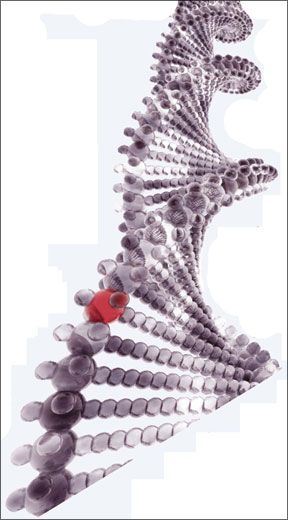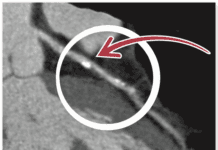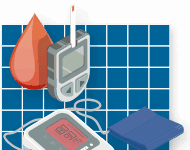More than 100 genetic mutations are associated with increased risk of heart disease, so it seems logical that if you have one of these mutations, your risk would rise. Yet when a test for 101 of these mutations was given to 19,000 women, it proved ineffective at predicting heart attack or stroke (Journal of the American Medical Association, February 17, 2010). Someday, our personal genetic information will help doctors predict our risk of developing heart disease, as well as responding to medications that can prevent or treat it. As this field evolves, the difficulties of extracting and interpreting genetic data and deciding what to do with it have become evident.
To continue reading this article or issue you must be a paid subscriber.
Sign in






